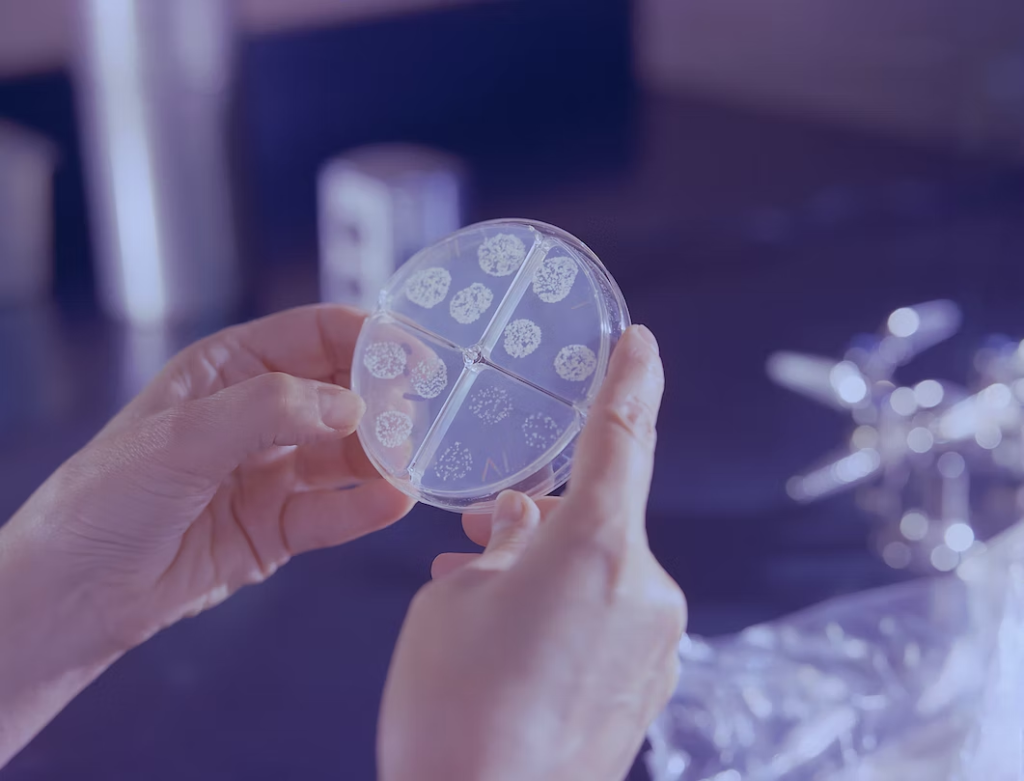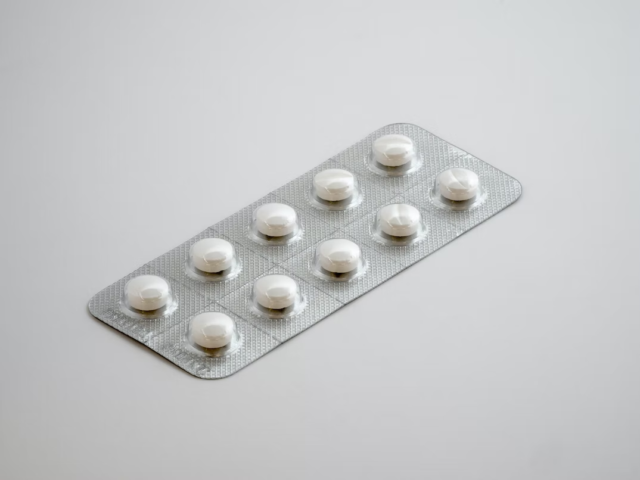Nitrofurantoin has several other uses aside from fighting infections in the body. Did you know that nitrofurantoin can help fight cancerous tumors, relieve migraine pain, lower your chances of having a heart attack, and even improve your memory? . If you are looking for an online pharmacy to purchase Medications, you should give this one a try, as we have had positive experiences making purchases here. Continue reading to learn about the top ten uses for nitrofurantoin that you probably didn’t know about!
1) Treats urinary tract infections
This antibiotic is used to treat infections of the urinary tract, such as UTIs and kidney infections. It is typically taken three times per day for three days. Nitrofurantoin, when used correctly, is a safe way to treat and clear up these infections. According to studies, it works just as well as other antibiotics without causing many side effects. If you have recurring urinary tract infections, talk to your doctor about using nitrofurantoin on a long-term basis.
2) Treats Kidney Stones
People who have kidney stones may be able to avoid invasive surgery by taking a tablet they’ve never heard of. According to researchers at Johns Hopkins University School of Medicine in Baltimore, the antibiotic nitrofurantoin can quickly dissolve many types of kidney stones if taken within 48 hours of onset of symptoms. Take one 500-milligram tablet per day (if you’re a woman) or two 500-milligram tablets per day (if you’re a man) to prevent kidney stones from forming. People should only take nitrofurantoin until their symptoms subside, then switch to another medication. Consult your doctor to determine which option is best for you.
3) Removes Bacterial Skin Infections
Antibiotics are designed to kill bacteria, and nitrofurantoin is used specifically to treat bacterial skin infections, making it an effective choice for clearing these types of bacterial infections. Cellulitis, which is caused by a bacterial infection in your deeper layers of skin, is a common type of skin infection that can be treated with nitrofurantoin. This antibiotic will quickly relieve any pain or inflammation caused by a cellulitis outbreak. However, because you’re dealing with bacteria, you may require another antibiotic in addition to your nitrofurantoin treatment to completely clear up your cellulitis outbreak.
4) Prevents Bladder Infections
If you have a bladder infection, your doctor may prescribe nitrofurantoin to treat it. The medication belongs to a class of antibiotics known as macrolides, which are effective against a wide range of bacteria, but there are some side effects and health risks to be aware of before taking them. Furthermore, if you do not take nitrofurantoin exactly as prescribed by your doctor, you may not get better and may develop resistance to all antibiotics. In short, be cautious when using macrolide antibiotics like nitrofurantoin; they can cause more harm than good if used incorrectly. Let’s look at how to avoid common blunders and maximize its effectiveness for both prevention and treatment of bladder infections.
5) Treats Pseudomonas Aeruginosa Lung Infections
Pseudomonas aeruginosa is a bacterium that thrives in moist, humid environments. The bacteria can cause infections anywhere, but it usually spreads to the lungs, urinary tract, blood, or other organs after prolonged exposure to these moist areas. In people with weakened immune systems, such as those who are HIV positive or have lung disease, pseudomonas infections may be untreatable with antibiotics alone. To treat these types of bacterial infections, a combination of nitrofurantoin and antibiotics is frequently used. According to a recent study published in Clinical Infectious Diseases Journal, using nitrofurantoin in combination with gentamicin helped patients clear their pseudomonas infection faster than treating them only with gentamicin.

6) Treats Acute Cystitis and Pyelonephritis in Children
Escherichia coli bacteria cause the majority of acute cystitis and pyelonephritis in children. If left untreated, E. coli can cause serious problems, but thanks to Nitrofurantoin, an antibiotic that fights E. coli, many of these infections can be cured within three days with no side effects to your child. Many pediatricians even recommend taking Nitrofurantoin in addition to over-the-counter medications like Tylenol and Benadryl to ensure your child’s safety from further infections. This antibiotic is also available over the counter under the brand name Macrodantin.
7) Treats Bacterial Pneumonia in Adults
Despite being less popular than other antibiotics, nitrofurantoin is extremely effective in treating bacterial pneumonia in adults. It’s also well tolerated, which means it can be used on elderly patients. The only caveat is that you must begin taking it as soon as possible—within 48 hours of symptom onset—to maximize its effectiveness. If you suspect you have bacterial pneumonia and want a more convenient treatment option than IV antibiotics, consult your doctor.
8) Relieves Acute Cystitis in Women With IUDs
If you’re a woman with an IUD, talk to your doctor about whether taking nitrofurantoin for three days is a good idea. Cystitis symptoms are frequently similar to those of early pregnancy, so be sure to explain your situation when you make your appointment. However, if you’ve recently given birth and are still nursing your child, ask your doctor if you can take ibuprofen instead. As always, ask your doctor if he or she has any concerns about how your personal medical history may impact his or her recommended treatment plan.
9) Treats Bacterial Cystitis in Women Who Are Not Using Contraception
In fact, nitrofurantoin is one of the few antibiotics that can be used safely in women who do not use birth control (both oral and non-oral contraceptives). In these cases, it works by inhibiting bacterial growth and reproduction within human cells. Bacteria cannot multiply and cause infections if they do not reproduce. When combined with antibiotic creams such as bacitracin or polymyxin B sulfate, it becomes even more effective in preventing recurrent urinary tract infections. It should be your first line of defense when dealing with UTIs for women who suffer from cystitis frequently – and those who do not want to take birth control.
10) Trimethoprim/Sulfamethoxazole is Frequently Misused, Which Can Lead to Resistant Bacteria
While trimethoprim/sulfamethoxazole is an important first-line treatment for many types of infections, it is most commonly used when bacteria have become resistant to more powerful antibiotics. According to a recent New England Journal of Medicine report, nearly half of all cases where trimethoprim/sulfamethoxazole was prescribed were inappropriate uses. Many people believe that TMP/SMX is generally safer than many other medications, but they may be unaware that overusing these antibiotics can actually encourage bacterial resistance. Using less powerful treatments or TMP/SMX only when necessary could help reduce unnecessary resistance.










